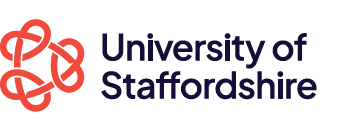In this course, you will learn about the evidence that genocide and mass violence leaves behind as well as the cutting-edge forensic techniques used to locate and record it.
The MSc Forensic Archaeology and Genocide Investigation is a diverse and versatile program of study that offers the opportunity to:
- Gain detailed knowledge about forensic archaeological investigations of genocide.
- Gain and apply practical skills in the investigation of genocide and mass violence via participation in fieldwork as part of an active research project.
- Complete a detailed research project relating to a range of topics concerning genocide and mass violence.
- Undertake interdisciplinary sessions alongside academics and specialists in Archaeology and Genocide Studies, History, International Relations, Geography, Media and Film, Computer Games Design and Visualisation
The course provides a solid foundation for doctoral study and an opportunity for a career in archaeology, conflict and genocide studies, forensic investigation, Holocaust studies, international relations, and a range of other associated fields.














